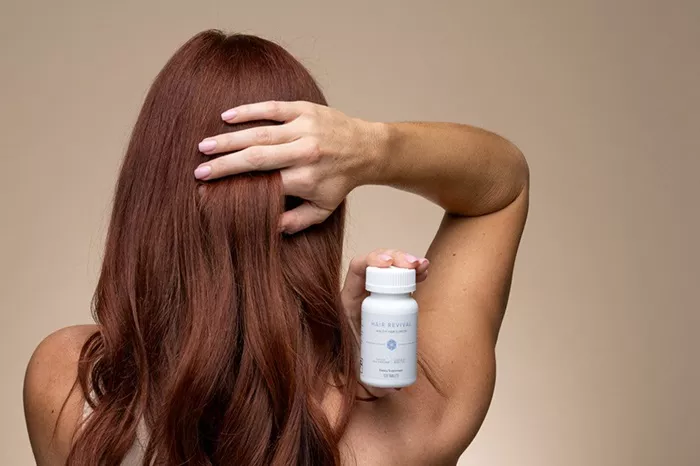Scientists may have found a new treatment for hereditary-patterned baldness, the leading cause of hair loss in men and women globally.
The discovery began with research on deoxyribose, a sugar naturally found in the body that helps form DNA. While investigating how this sugar aids wound healing in mice, researchers at the University of Sheffield and COMSATS University in Pakistan observed rapid fur regrowth around treated lesions.
Intrigued, the team decided to delve deeper. They experimented on male mice with testosterone-driven hair loss by removing the fur from their backs. Daily applications of a deoxyribose sugar gel to the exposed skin resulted in “robust” regrowth of long, thick hairs within weeks.
Remarkably, the deoxyribose gel proved as effective as minoxidil, a common topical hair loss treatment known by the brand name Rogaine.
“Our research suggests that the answer to treating hair loss might be as simple as using a naturally occurring deoxyribose sugar to boost the blood supply to the hair follicles,” said tissue engineer Sheila MacNeil from the University of Sheffield.
Hereditary-patterned baldness, or androgenic alopecia, is influenced by genetics, hormone levels, and aging, affecting up to 40 percent of the population. Currently, the US Food and Drug Administration (FDA) has approved only two drugs to treat this condition.
While minoxidil can slow hair loss and promote some regrowth, it is not effective for everyone. If minoxidil fails, men can use finasteride (Propecia), an oral drug that maintains testosterone levels. However, finasteride is not approved for women and can have severe side effects, including erectile dysfunction, testicular or breast pain, reduced libido, and depression.
“The treatment of androgenetic alopecia remains challenging,” wrote MacNeil and her colleagues, led by biomaterial researcher Muhammad Anjum from COMSATS, in their published paper.
The team developed a biodegradable, non-toxic gel made from deoxyribose and tested it on mouse models of male-pattern baldness. They also tested minoxidil and a combination of both treatments.
Mice treated with the deoxyribose gel showed new hair follicle growth, achieving 80 to 90 percent hair regrowth, similar to the results with minoxidil. Combining both treatments did not significantly enhance the effect.
Photographs taken during the 20-day trial clearly showed the results. Although the exact mechanism is unclear, researchers noted an increase in blood vessels and skin cells around the treated area.
“The better the blood supply to the hair bulb, the larger its diameter and the more hair growth,” explained the researchers. If effective in humans, the deoxyribose gel could treat alopecia or stimulate hair, eyelash, and eyebrow regrowth after chemotherapy.
“This is a badly under-researched area, and hence new approaches are needed,” argued the authors.
Current experiments were only conducted on male mice. Further research could explore whether these natural sugars work for female mice with testosterone-driven alopecia.
“The research we have done is very much early stage,” admitted MacNeil, “but the results are promising and warrant further investigation.”

